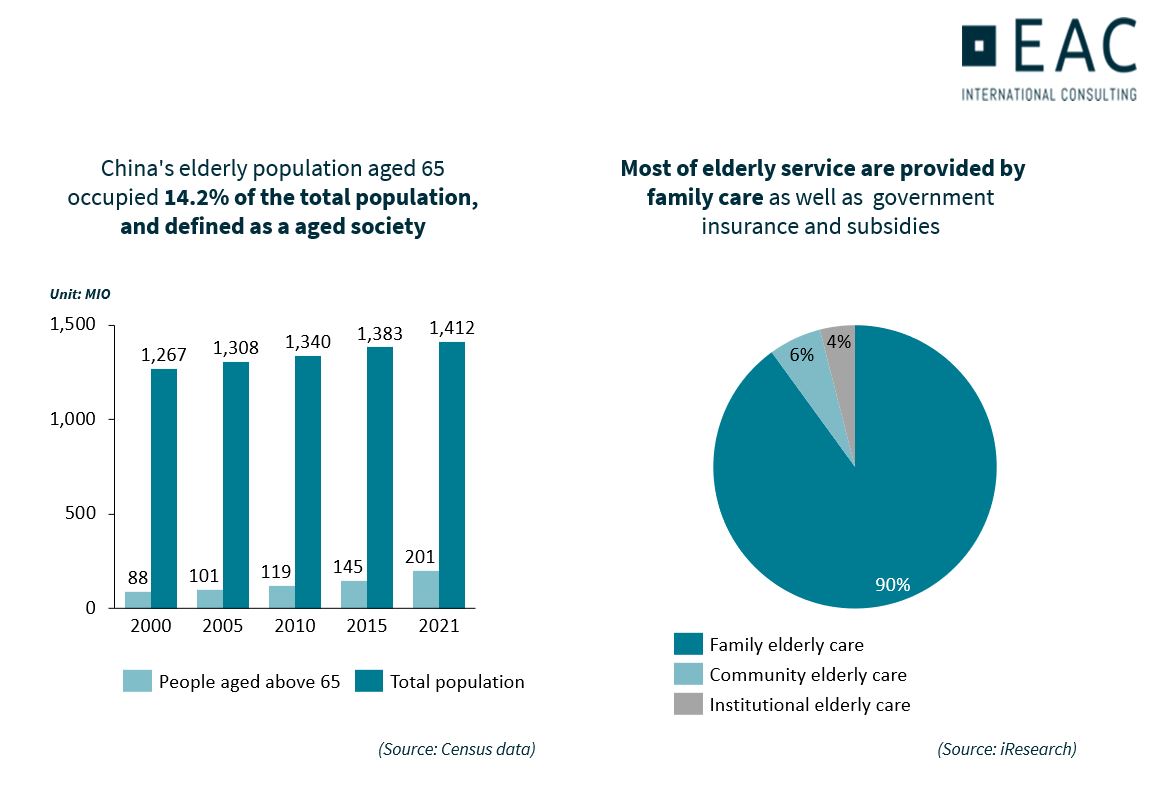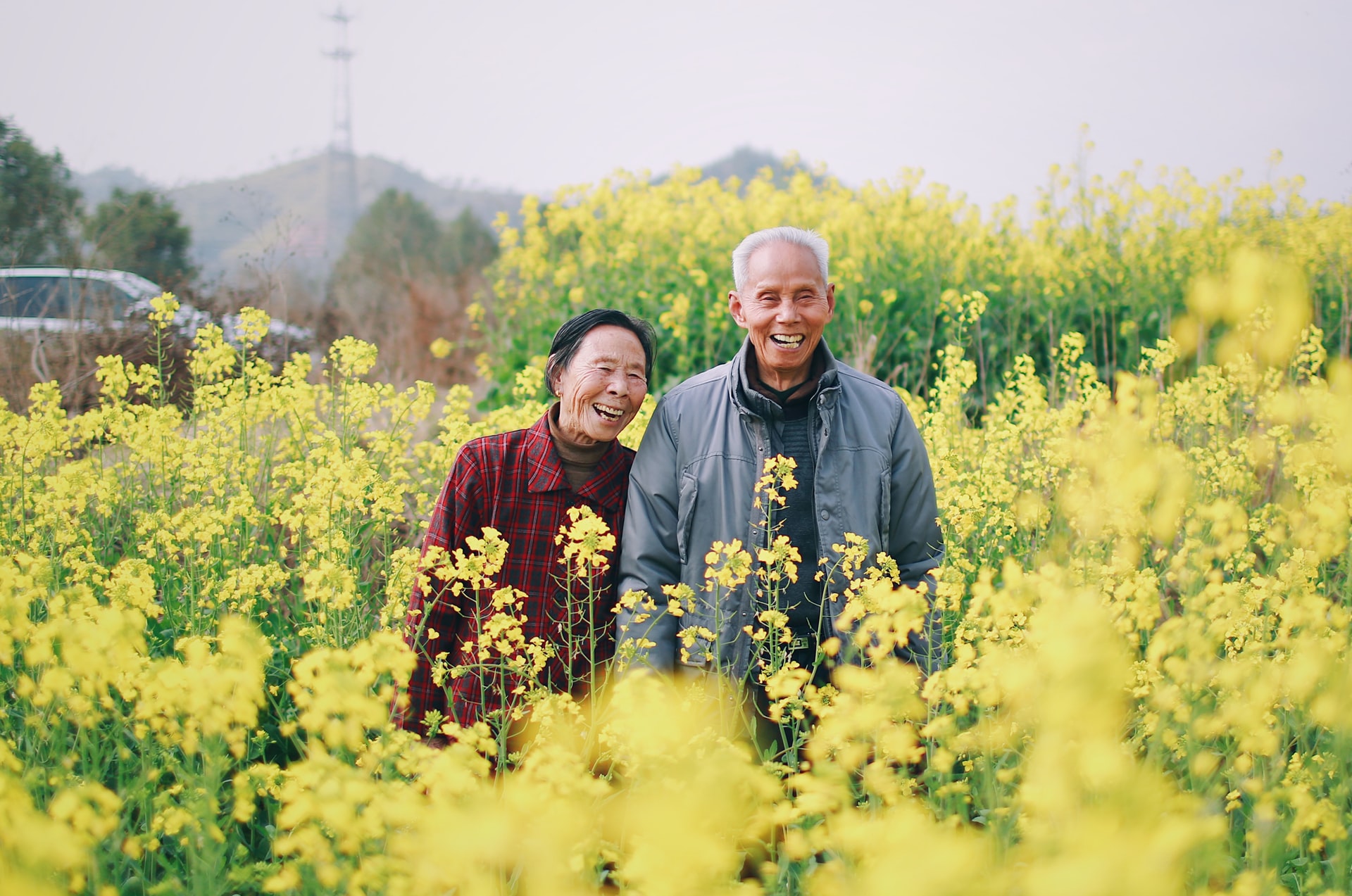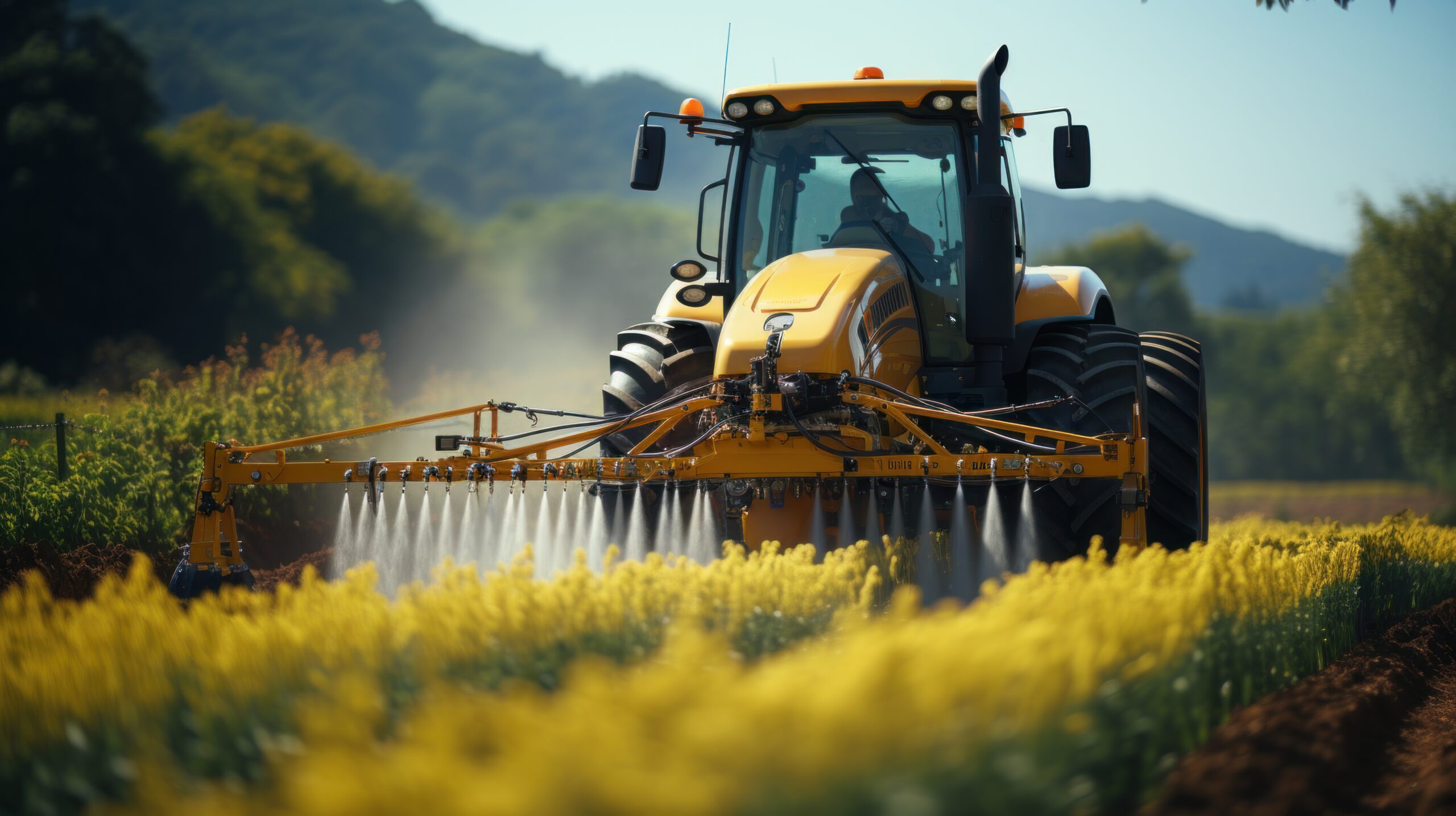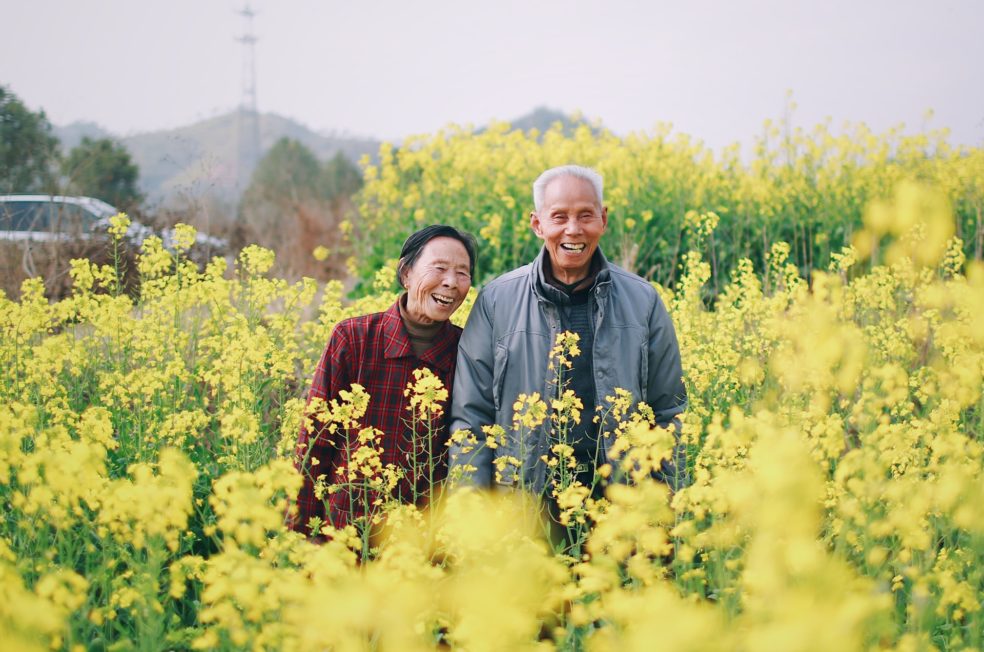China’s Aged Population: Favorable Policies and Economic Opportunities
Accelerating Demographic Shift and Start of an “Aged Society”
In January 2022, Chinese elderlies aged 65 and above reached 200 million – accounting for 14.2% of the total population. According to UN standards, a country with more than 7% of the population over the age of 65 is an "ageing society", more than 14% an "aged society" and more than 20% an "ultra-aging society". Thus, this marks China's official demographic entry into an "aged society".
Meanwhile, China’s elderly service resources are not balanced geographically: especially in rural areas and in the case of empty-nest elderly (whose children living in other cities) there is a shortage of basic living security. At present, most elderly services are provided by family care as well as government insurance and subsidies – but in the current stage of an “aged society” these services are expected to be extended.

Favorable Government Policies
In order to release some of the economic pressure associated with elderly treatment and improve living conditions, different government departments have issued a series of policies for improving the system for elderly services:
- “The 14th Five-Year Plan for the Development of Ageing Elderly service system planning” issued by the State Council comprehensively gives guidance regarding promoting coordinated development of public elderly services and commercial elderly care industry, and establishing an old-age service system that coordinates home and community institutions.
- “Notice of Expanding the Pilot Scope of Exclusive Commercial Endowment Insurance” launched in February 2022, showed government trying to secure more people’s retirement living and satisfy different level elderly services demands by utilizing market-oriented commercial insurance.
- In addition, the Ministry of Civil Affairs and other departments jointly promoted the implementation of assistance and improvement for elderly families with special difficulties. For example, the fiscal department will establish a special fund for elderly families with special difficulties, including housing, severe illness, rural transport, etc.

“The Silver Economy”- Sunrise Industries in China
The so-called Silver Economy is focused around the needs of society’s elderlies, including many different industries such as home accommodation, transport, food industry, insurance, robotics, health and e-health, and sports and leisure.
- Potential for more elderly care servicers providers: there has been a nearly 20% decline of the number of public and private elderly service institutions from 2013 to 2019. Currently, basic elderly care infrastructures such as elderly medical service and community entertainment centers are not sufficient and have to be improved.
- Higher demand for elderly-specific products: To satisfy the current care demand, many elderly-specific products are required to help the elderly with a better living condition such as bathing devices, specific toilets, crutches and puzzle games for the elderly, etc.
- Financial services for elderlies: The elderly income is mainly from insurance, subsidies and family savings. The national government is aiming to regulate the elderly financial system and strengthen the supervision on the elderly financial market.
Latest
India’s Agrochemical Sector: Promising Opportunities

Building a Manufacturing Powerhouse: India’s Blueprint for 25% GDP Contribution

ASIAN EXHIBITION INDUSTRY GROWTH IS HERE, BUT SHOULD YOU GO THE ORGANIC/ INORGANIC ROUTE?

Renewable Energy Vision and Manufacturing Excellence in India


